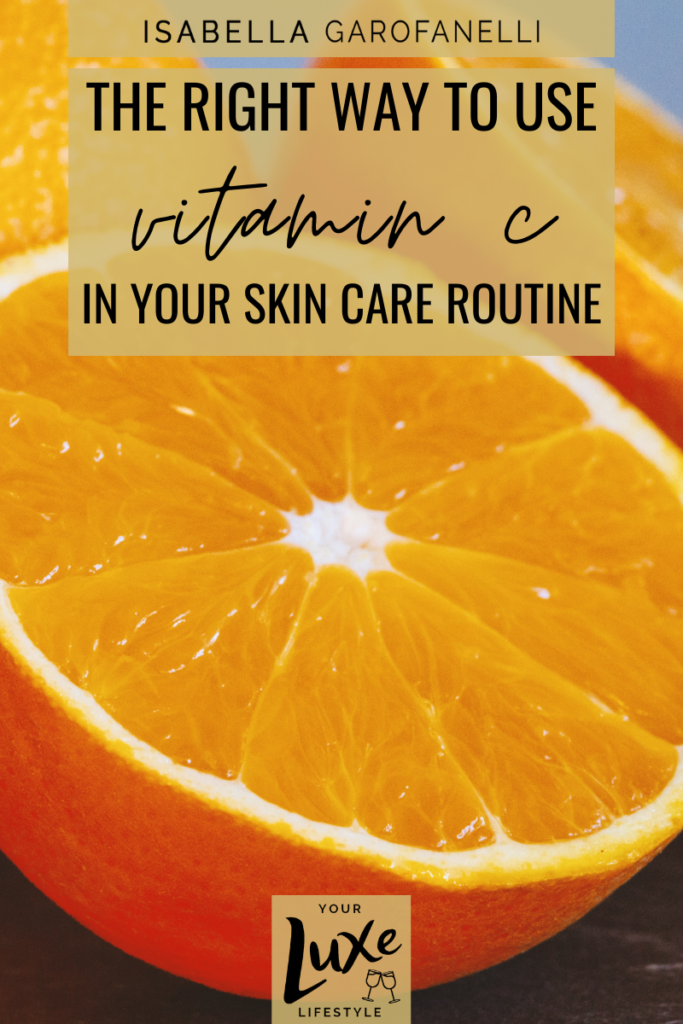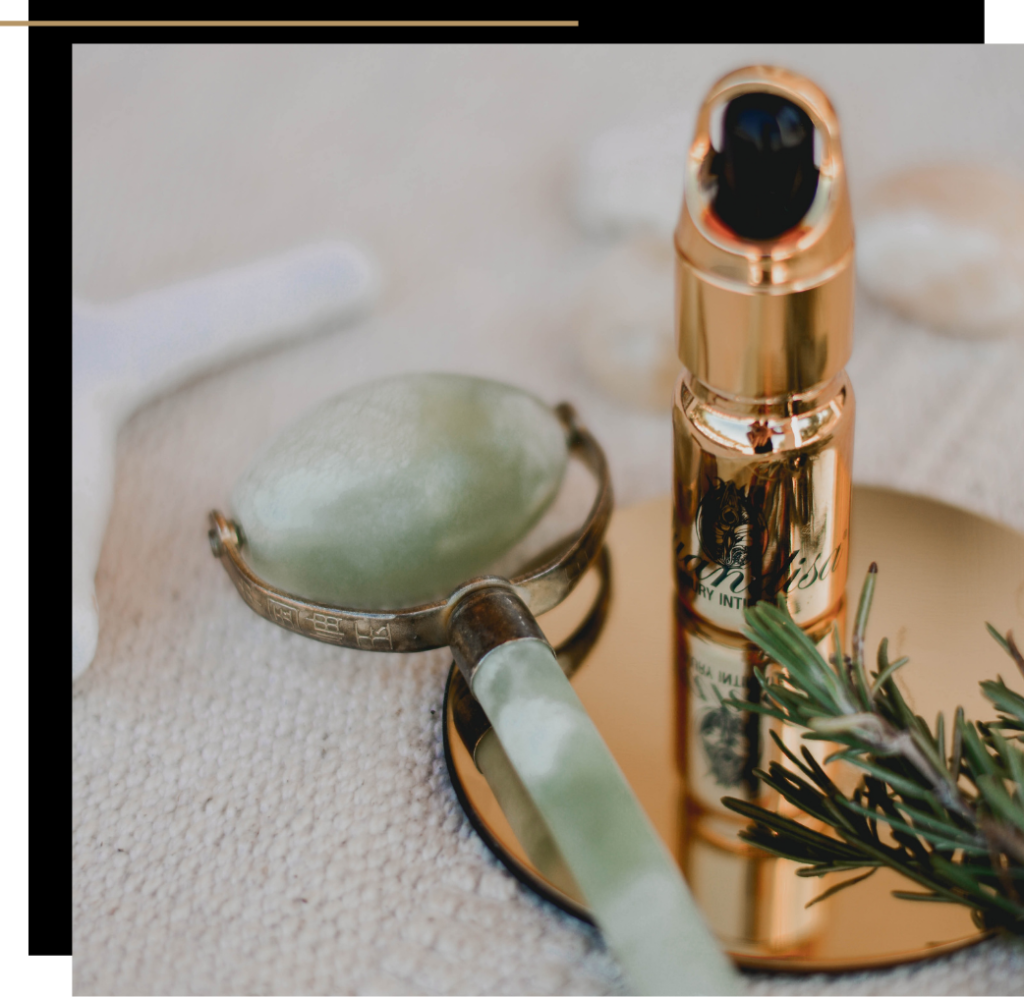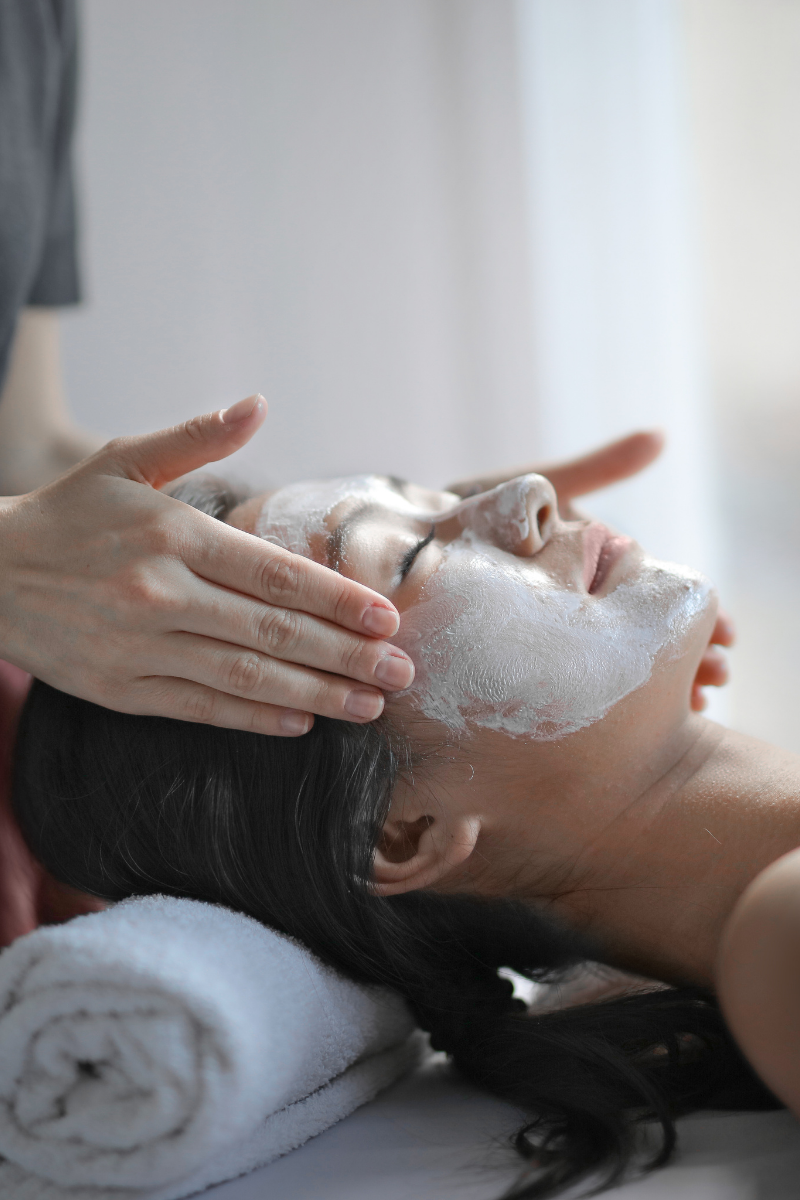Vitamin C is one of the most talked-about skin care ingredients out there, and with good reason. However, it’s also notoriously tricky.
Unfortunately, a lot of vitamin C skin care products out there just aren’t all that effective. Worse still, if vitamin C is used in the wrong combination, it can seriously irritate your skin.
So why do people still bother?
Because vitamin C is amazing at brightening and evening out your skin tone and protecting your skin from free radical and environmental damage.
Let’s take a look at the correct way to incorporate vitamin C into your skin care routine so that you can stay forever glowy and youthful.


What Does Vitamin C Do?
Vitamin C is essentially a skin superfood. Using vitamin C in your skin care routine has tons of benefits, like brightening and evening out the appearance of your skin tone to reduce signs of aging, fighting off free radicals that cause premature ageing and protecting against damage caused by environmental toxins. It’s also extremely anti-inflammatory, so it’s fantastic for problem skin.


Why is Vitamin C So Tricky?
Vitamin C is what I like to think of as a “spicy” skin care ingredient. This means that, despite its many benefits, it can be irritating, especially when used in the wrong combination of ingredients. Much like with retinol and exfoliants, you should proceed with caution when it comes to vitamin C.
Another reason vitamin C can be problematic is that it’s a very unstable ingredient and you need to be careful about the formula you buy.


What’s the Best Form of Vitamin C?
The two most popular forms of vitamin C used in skin care are L-ascorbic acid and sodium ascorbyl phosphate (SAP). There is some debate over which form is better, but there isn’t much evidence to suggest that one is substantially more effective than the other.
Both forms of vitamin C are water-soluble, meaning that they work best in non-oil based formulas and leave little to no residue on your skin after application, making them ideal for daily use.
However, both L-ascorbic acid and SAP can be very irritating when used at high concentrations or with other skin care ingredients that have the potential to irritate.


When to Use Vitamin C
Vitamin C should be part of your morning skin care routine. This is because it’s an antioxidant, so its benefits are maximized during the day when it’s light outside.

Don’t Use Vitamin C At the Same Time As…
Retinol
You can use both retinol and vitamin C in your skin care routine (in fact, I highly recommend it!) but don’t use them at the same time.
Retinol is very much a nighttime ingredient, whilst vitamin C is best for the morning.
My favorite retinols include…
Exfoliants
Don’t use AHAs and BHAs at the same time as vitamin C.
Again, they can both form part of a great skin care routine but you should never layer the two. In addition to irritating your skin, combining the two ingredients will affect their pH balances and render them pretty much useless.
Niacinamide
Niacinamide is another hot topic in skin care and whilst it is a great ingredient, it’s best not to use it in combination with vitamin C. Some vitamin C serums and creams to contain niacinamide, but that’s okay because the formula will be balanced to avoid irritation. However, if you layer the two ingredients in quick succession they begin to compete, which renders them both less effective. The two ingredients are actually quite similar and so you also risk overwhelming your skin by using them both at once. It’s just not necessary!
Niacinamide is very gentle so if you want to include it in your routine, I would recommend using it at night before your retinol.

The Best Vitamin C Serums on the Market
Skinceuticals CE Ferulic Serum
This serum from Skinceuticals is the gold standard when it comes to vitamin C. This serum is very pricey but you only need a few drops each time so it lasts for ages.
I use this serum in my own skin care routine and absolutely love the results I’ve seen since incorporating it into my daily life. It’s definitely one of those products that you can see an instant difference with, and the results only improve over time.
La Roche-Posay Vitamin C Serum
La Roche-Posay’s vitamin C serum is a significantly more affordable, but still excellent, alternative to the Skinceuticals serum.
Lancôme Visionnaire Skin Solutions 15% Vitamin C Correcting Concentrate
Lancôme’s Vitamin C serum is another great option. This product has a light texture and absorbs quickly, making it an excellent choice for anyone with oily skin. It also contains hyaluronic acid for extra hydration. It claims to deliver visible results in just 10 days! They also have a retinol version for night time.

For more on skin care, check out the following:





Comments +